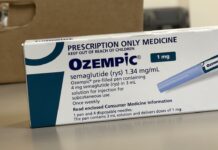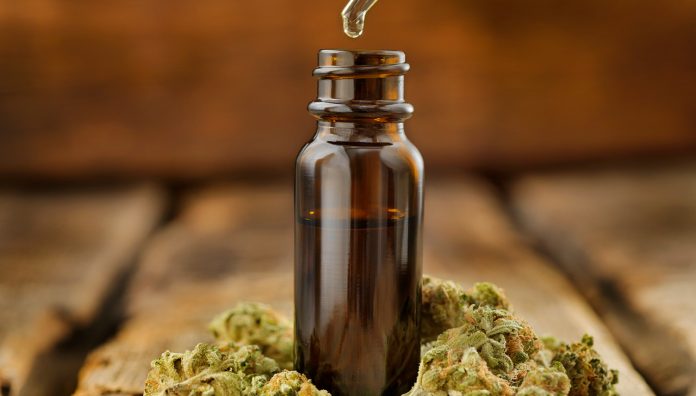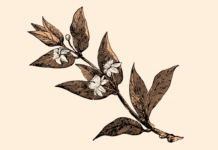The Therapeutic Goods Administration (TGA) has delivered an interim decision to down-schedule low dose cannabidiol from Prescription Only Medicine (S4) to Pharmacist Only Medicine (S3), with additional Appendix M controls, to allow greater access for patients.1
Stakeholders and companies in the cannabis industry have welcomed the move, but some say evidence to support the efficacy of low dose cannabidiol is lacking.
Down-scheduling would apply to oral, oral mucosal and sublingual formulations of cannabidiol (CBD) products with requirements including a maximum recommended daily dose of 60 mg or less in packs containing 30 days’ supply or less, where CBD comprises at least 98% of the total cannabinoid content in the product.
An additional condition specified in Appendix M, to allow it to be provided by a pharmacist, is that supply is limited to medicines on the Australian Register of Therapeutic Goods.1
PSA provided a submission in response to the proposed amendments, where it acknowledged that greater access to CBD was consistent with the current policy approach and reforms around medicinal cannabis availability and use in Australia.2
However, PSA did not support a separate proposal to exempt from scheduling cannabidiol as 98% or greater of total cannabinoid content, and 0.2% or less of tetrahydrocannabinol content, citing ‘significant concerns around safety implications for patients and carers, as well as the broader public’. 2
PSA National President Associate Professor Chris Freeman noted that the down-scheduling was not requested by the pharmacy profession.
‘Whilst low dose cannabidiol may be relatively safe, it is important that it has a therapeutic purpose and evidence behind the claims,’ Prof Freeman said.
The submission also contended that evidence was limited in different indications and patient groups.2
The PSA believes additional Appendix M controls are needed, and did not support the inclusion of CBD in Appendix H (able to be advertised to the public).2
The published outcomes, however, are interim decisions and subject to further public consultation.
Stakeholder response
CBD is one of more than 100 compounds known as cannabinoids found in the cannabis (marijuana) plant, Cannabis sativa. It is the second most prevalent of the active ingredients in cannabis, but is not psychoactive, unlike tetrahydrocannabinol (THC).
Brisbane community pharmacist and Executive Chairman and CEO of MedReleaf Australia Russell Harding has seen the benefits of CBD and combination CBD products for patients with many conditions since medicinal cannabis was legalised in 2016. Side effects have been generally mild, he told Australian Pharmacist.
As with others working in the cannabis industry, he is eager to see greater accessibility of medicinal cannabis for the vulnerable and disadvantaged. However, he has reservations about the TGA decision.
Although clinical trials are underway, Mr Harding believes there is little evidence to support a daily dose of 60 mg and thinks a more appropriate dose would be much higher – at least 200 mg daily.
And even low-dose CBD would be cost-prohibitive without a government subsidy, ‘either as a mandated good manufacturing practice-compliant registration process or a new Aust-C category for medicinal cannabis’, he said.
Mr Harding foresees the challenges in bringing a low-dose CBD product to market and to achieve ARTG listings with a whole plant medicine. He believes it will be a long time coming.
Challenges for pharmacists
Debbie Rigby FPS, well-known consultant clinical pharmacist, referred to the ‘hype, hope and hoops’ of CBD.
‘Down-scheduling will reduce the hoops, but would probably escalate the hype and hope,’ she told AP.
Although down-scheduling would increase access for patients who are likely to benefit from its use, it would bring some challenges for community pharmacists.
‘I think the community’s expectations on the benefits of CBD are often unrealistic and influenced by media and anecdotal hype and false hope,’ Ms Rigby said.
‘A sound understanding of the evidence of benefit and absence of benefit would be essential for community pharmacists.’
‘As an accredited pharmacist conducting Home Medicines Reviews, I have been asked about the use of CBD and usually spend some time discussing the evidence (or lack of) with patients, as well as considering the potential for drug interactions with the other medicines. We must remain evidence-based in our approach, whilst respecting the consumer’s rights and preferences.’
References
- Australian Government Department of Health: Therapeutic Goods Administration. Notice of interim decisions to amend (or not amend) the current Poisons Standard. 2020. At: www.tga.gov.au/sites/default/files/notice-interim-decisions-proposed-amendments-poisons-standard-acms-and-joint-acms-accs-meetings-june-2020.pdf
- Pharmaceutical Society of Australia. Consultation: Proposed amendments to the Poisons Standard – Joint ACMS-ACCS meeting. 2020. At: www.tga.gov.au/sites/default/files/public-submissions-scheduling-matters-referred-acms-31-and-joint-acms-accs-25-meetings-held-june-2020-psa-01.pdf


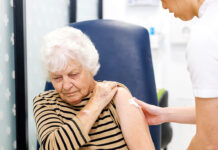

 This article was sponsored and developed in collaboration with PSA and Carers NSW[/caption]
However, pharmacists may perceive medication errors or non-adherence as a carer’s inability to fulfil this role,
This article was sponsored and developed in collaboration with PSA and Carers NSW[/caption]
However, pharmacists may perceive medication errors or non-adherence as a carer’s inability to fulfil this role,

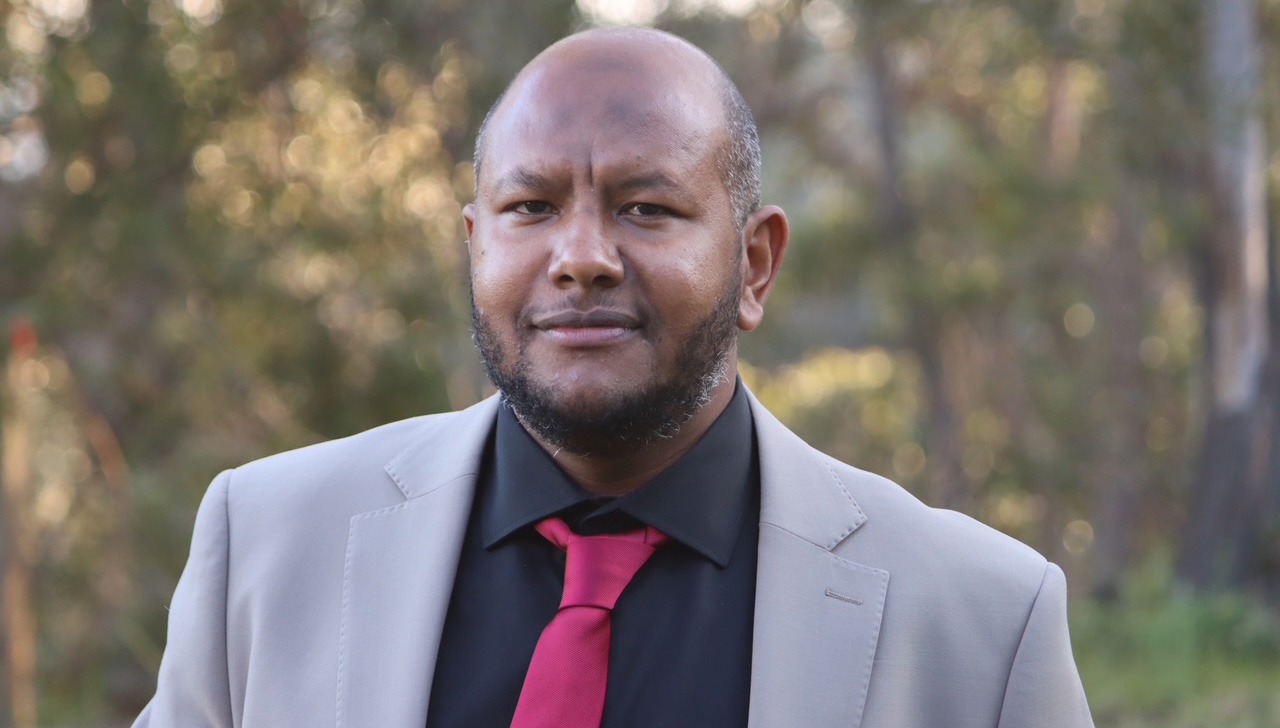 Now a PhD candidate, former Sudanese refugee and NSW Pharmacist of the Year
Now a PhD candidate, former Sudanese refugee and NSW Pharmacist of the Year 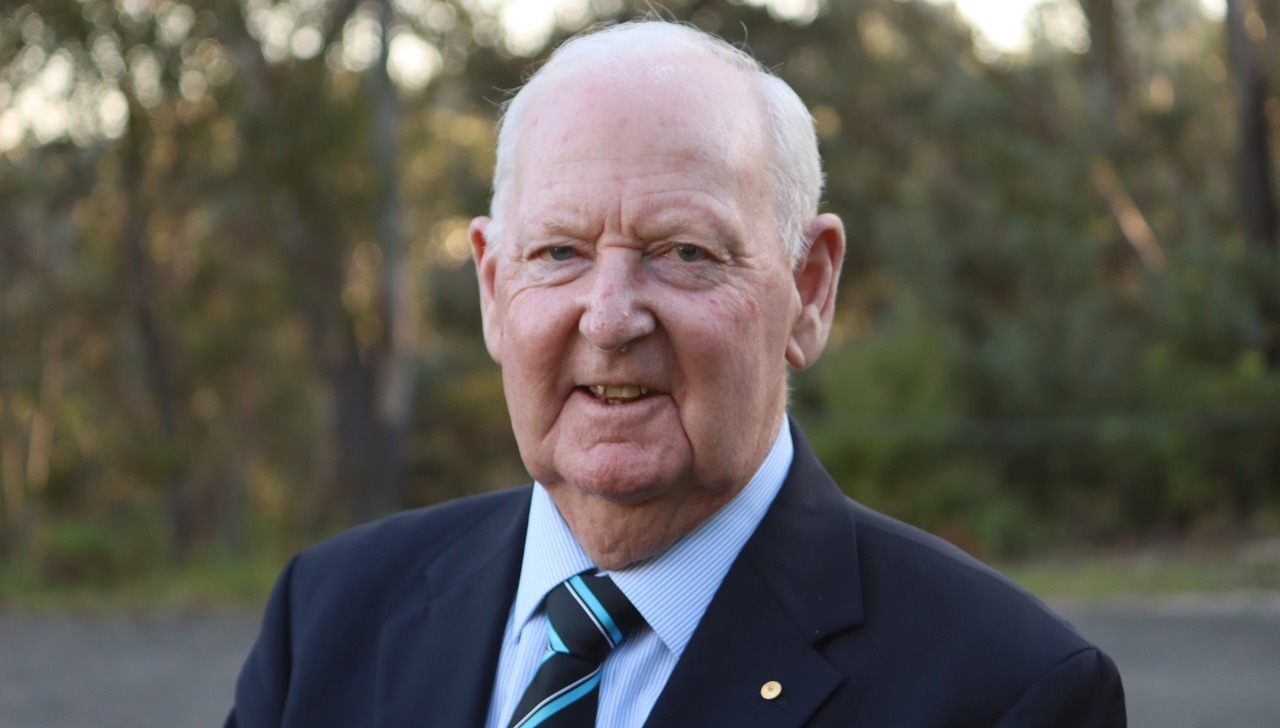 David North OAM
David North OAM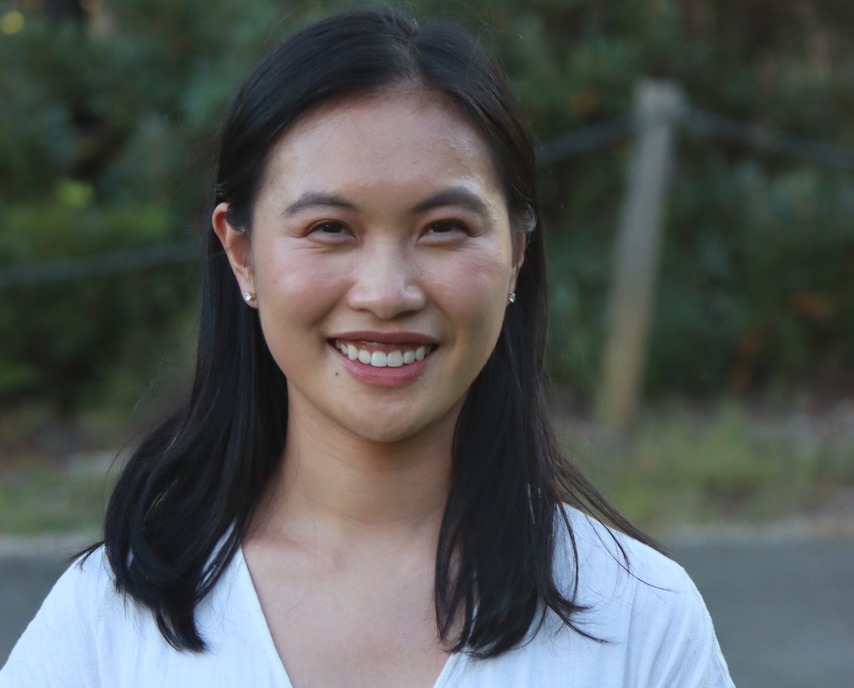 NSW Early Career Pharmacist of the Year Lily Pham
NSW Early Career Pharmacist of the Year Lily Pham